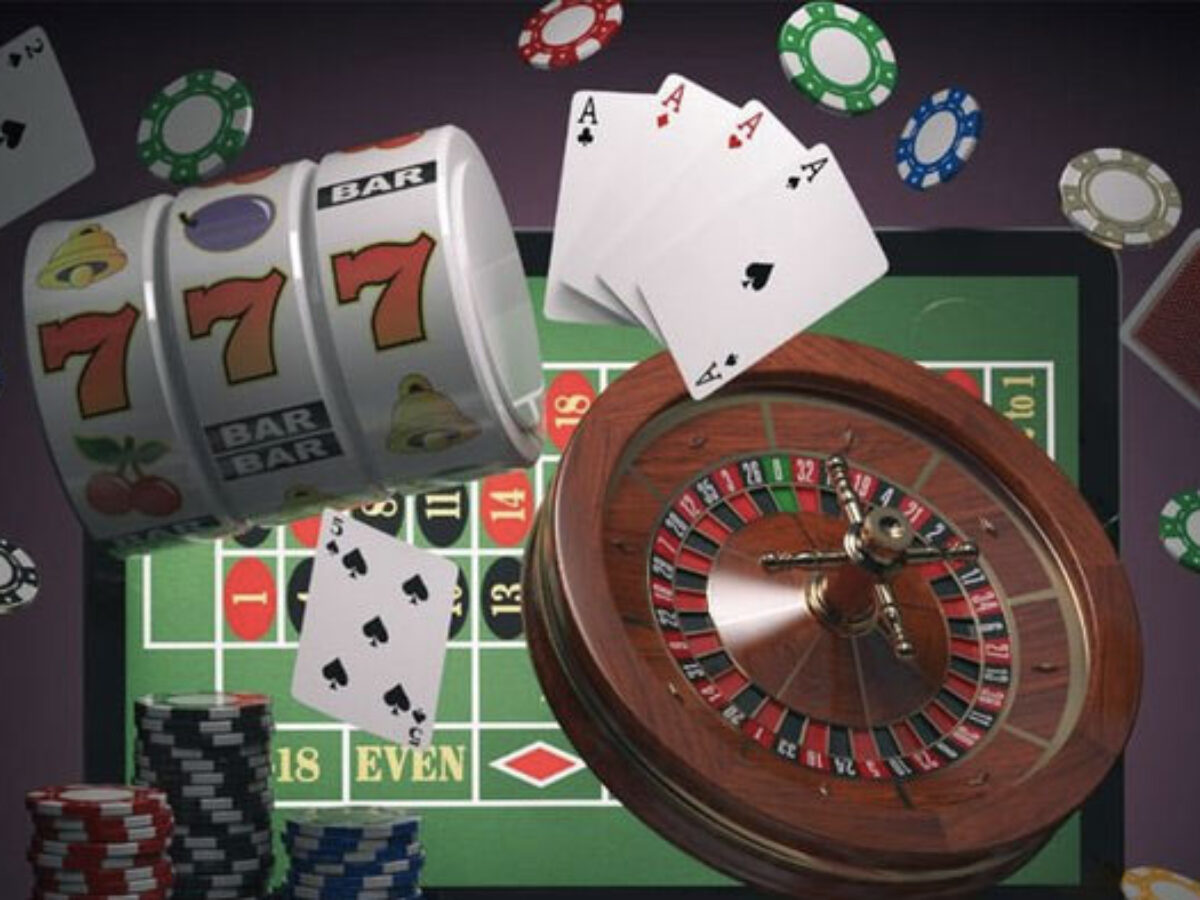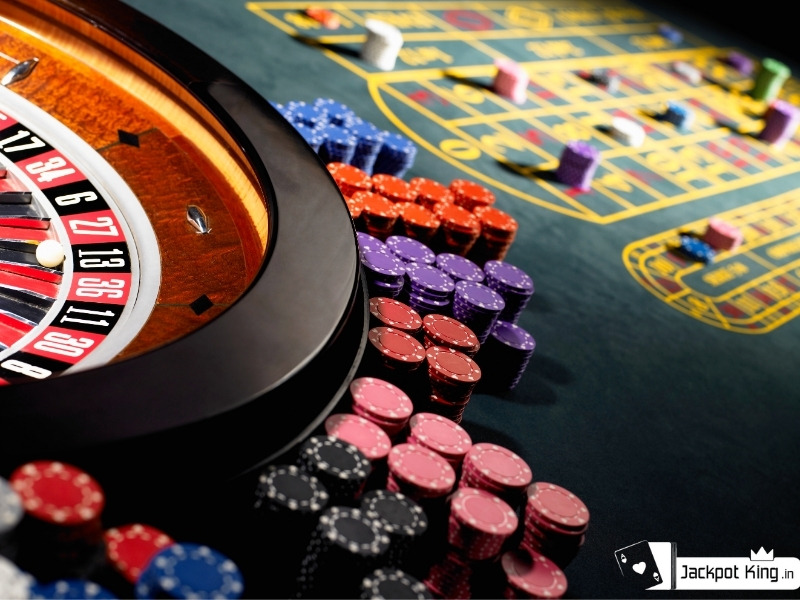Poker is one of the most popular and widely played card games in the world. It’s a game that combines strategy, skill, and luck, making it both exciting and challenging. Whether you’re a seasoned player or just starting, there’s always something new to learn and experience in the world of poker.
The Origins of Poker
The origins of poker are shrouded in mystery, with many historians suggesting that the game evolved from a variety of card games played in different parts of the world. One of the earliest versions of poker was played in Persia in the 16th century, where a game called As Nas was played with a deck of 25 cards. Another game called Poque, which originated in France in the 17th century, is believed to have been the precursor to modern-day poker.

Poker in America
Poker was introduced to America in the early 19th century and quickly became a popular pastime in the Wild West. It was played in saloons and on riverboats, and by the turn of the century, it had become a fixture in American culture. In the 1970s, the World Series of Poker (WSOP) was established, which brought together the world’s best poker players to compete for the title of world champion.
The Rules of Poker
Poker is a game of skill, strategy, and luck, played with a standard deck of 52 cards. The object of the game is to win the pot, which is the sum of all the bets made by the players in a hand. The game is played in rounds, with each round consisting of a deal and one or more betting rounds.
There are many variations of poker, but the most popular are Texas Hold’em, Omaha. In Texas Hold’em, each player is dealt two cards face down, called hole cards. The dealer then deals five community cards face up, which can be used by all players to make their best hand. Players can use any combination of their hole cards and the community cards to make the best possible hand.
In Seven-Card Stud, each player is dealt seven cards, three face down and four face up. Players must make the best possible five-card hand from their seven cards.
The Thrill of the Game

Poker is a game that requires skill and strategy, but it’s also a game of psychology. Players must read their opponents and make educated guesses about the strength of their hands. The game can be both exhilarating and frustrating, with players experiencing both the highs of winning a big hand and the lows of a bad beat.
One of the most exciting aspects of poker is the potential for big payouts. In professional tournaments, the prize pool can be in the millions of dollars, with the winner taking home a substantial sum. But even in a casual game with friends, there’s the potential to win big.
The social aspect of poker is also a draw for many players. It’s a game that can bring people together and create lasting friendships. And with the rise of online poker, players can now compete against others from all over the world, adding a new level of excitement to the game.
In conclusion, poker is a game that has evolved over centuries and has become a beloved pastime for millions of people around the world. It’s a game that combines skill, strategy, and luck, and offers the potential for big payouts and lasting friendships.


